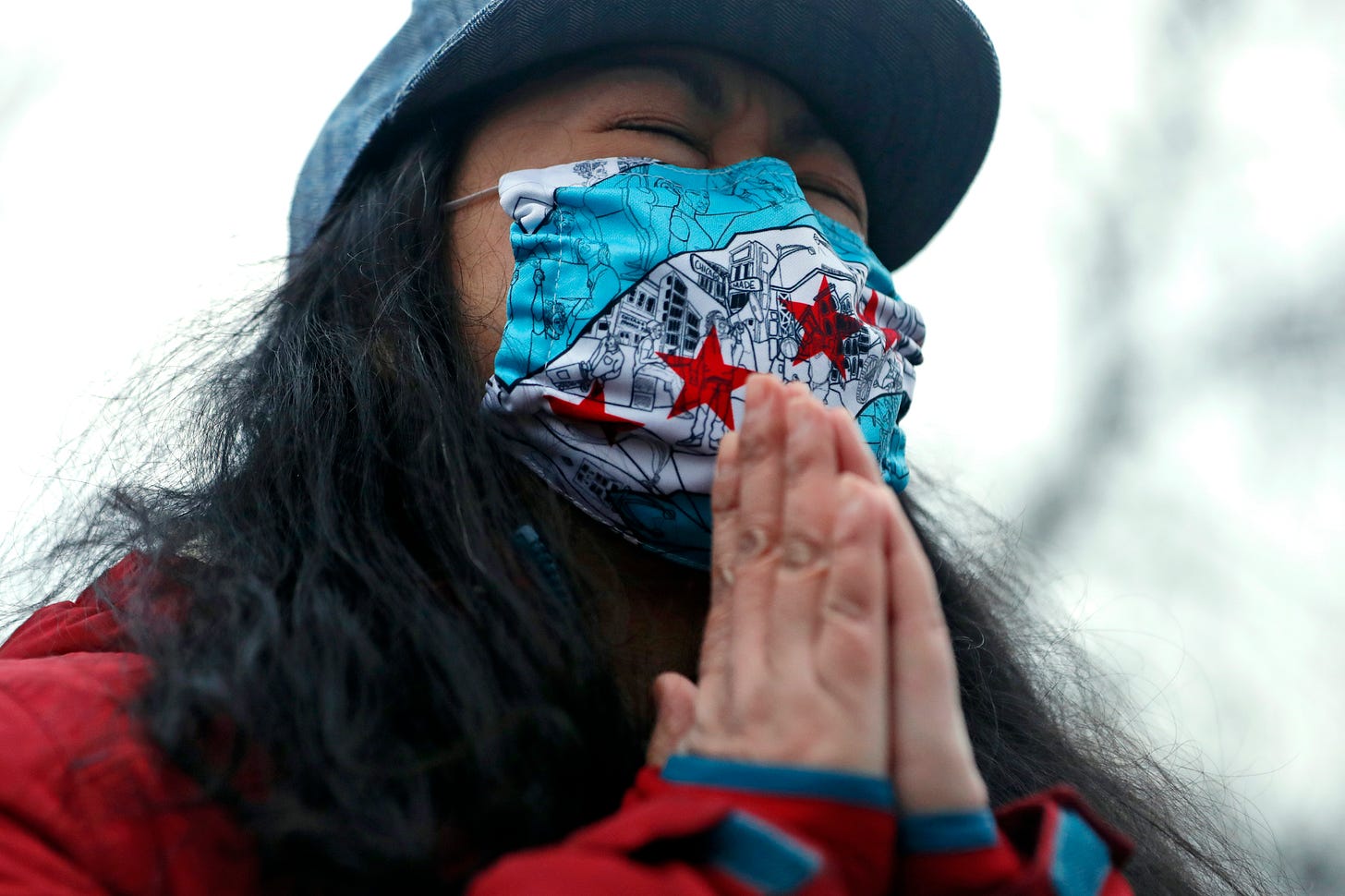There’s a lot more to anti-Asian bigotry than just ‘white supremacy’
Related highlights:
—
MSNBC host Jonathan Capehart and some of his guests are convinced it's a white supremacy tactic to note people of color also commit violent hate crimes against Asian-Americans.
They are wrong.
Hard data clearly show anti-Asian bigotry goes beyond white supremacy, and there’s nothing insidious about pointing this out, especially if we want to get to the root of the problem.
“A few weeks ago in my byline,” the cable anchor and Washington Post columnist said during his cable news program, “I addressed the surge in hate crimes against the Asian American community and the deadly shooting in Atlanta targeting mostly women of Asian descent by a white man.”
He adds, “Afterwards, I was flooded with feedback asking, ‘What about hate crimes towards Asian Americans perpetrated by black people?’ And it's prompted a conversation I think we need to have. Some of the most widely circulated footage of the anti-Asian attacks have been of black perpetrators.”
Capehart then turned to his two guests, Democratic activist A'Shanti F. Gholar, who is black, and Run AAPI Executive Director Linh Nguyen, who is Asian, to help him rebut those who’ve noted correctly many anti-Asian attacks have been perpetrated by people of color.
The host began first by calling on Gholar, who wrote recently in reference to the spike in anti-Asian attacks that “the real issue facing our communities” is “white supremacy."
“I'm one of those black Americans,” she told Capehart, “who is really upset that, yet again, this dangerous narrative was reemerging that there's a divide between the black and Asian communities because I know it's not true.”
She adds, “The reality here is what is dividing our communities is white supremacy. This is another tactic to not own up to the fact that white supremacy is the biggest threat not only to our communities but to our country.”
Capehart took back the floor, claiming the Right and conservatives are trying to pit blacks against Asians by noting, again correctly, certain universities discriminate against Asian applicants.
“Again,” said Gholar, “it's another tactic of white supremacy. … We just really need to make sure that we are doing everything that we can to keep the eye on the real issue at hand, which is, again, white supremacy, and we need not be burdened by all of these distractions.”
Nguyen, for her part, added, “This is white supremacy, and this is the model minority myth in full action, right? This is a system that's meant to pit us against one another and to oppress us.”
The problem here is that simply attributing anti-Asian discrimination to white supremacy ignores the bigger picture. There's more going on here than Capehart and his guests are apparently willing to recognize.
As it turns out, Asians are more likely than blacks and Hispanics to suffer hate crimes committed by nonwhite offenders, according to a study released this year by Sam Houston State University professor Yan Zhang, Saint Francis University professor Lening Zhang, and Texas Department of Criminal Justice research specialist Francis Benton.
The study, which examines violent hate crimes recorded between 1992 and 2014, before even the recent spike in anti-Asian attacks committed by both white and nonwhite offenders, reports “hate crimes against Asian Americans are more likely than hate crimes against either African Americans or Hispanics to be committed by non-White offenders.” More specifically, the study found Asians have a “relatively higher chance to be victimized by non-White offenders (25.5% vs. 1.0% for African Americans and 18.9% for Hispanics).”
The researchers suggest anti-Asian violence may be more about class and economic status than race.
In 2015, for example, “21.4% of Asian Americans held advanced degrees compared to 13.4% for Whites, 8.2% for African Americans, and 4.7% for Hispanics,” the study notes.
That Asians are more vulnerable than blacks and Latinos to attacks by nonwhite offenders “may be attributed to animosity toward the ‘model minority’ from other minority groups,” the study explains, adding, “The ‘model minority’ stereotype assuming Asian Americans’ success in economics, education, and other opportunities generates potential competition or threats by members of other racial groups, which in turn may lead to resentment to be further acted upon through hate crimes.”
It’s true white offenders commit many violent hate crimes against Asians. But it’s also true nonwhite offenders are responsible for roughly 25% of the total number of anti-Asian attacks examined by the researchers, far more than blacks and Hispanics can say about the same. It may be only a quarter of the total, but that’s more than enough to conclude anti-Asian bigotry goes deeper than white supremacy.
It would be false to say people of color are responsible for all anti-Asian attacks. It would also be wrong to say people of color are the primary offenders. It is equally wrong, however, to assert white supremacy is at the root of everything insofar as anti-Asian bigotry is concerned. There’s more to the story than Capehart and his guests are willing to admit, and it’s neither a “distraction” nor “white supremacy” to say so.




